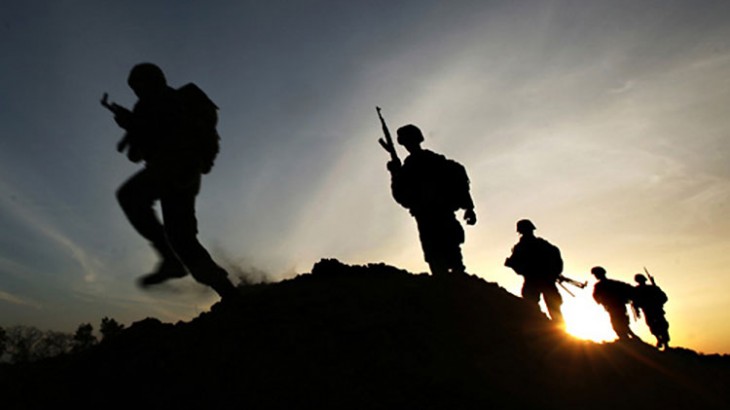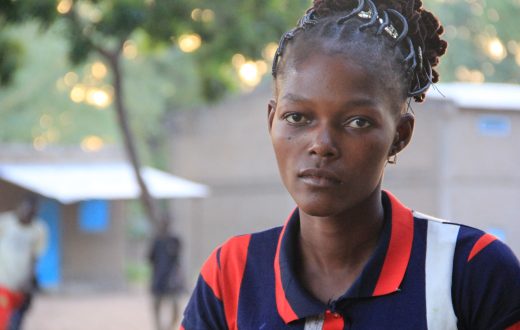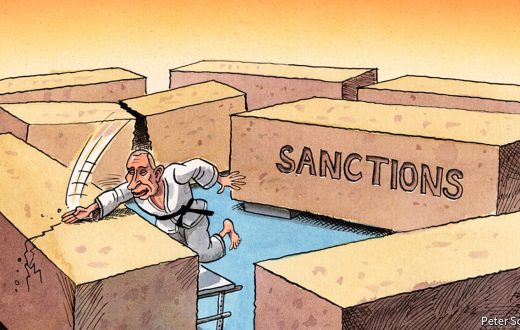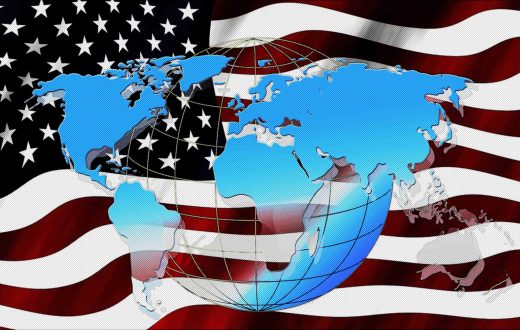International Humanitarian Law (1/3)
Note: This article will explain the first international recognition of the Humanitarian Laws.
However, a distinction should be made before starting:
– International Humanitarian Law (called by the experts IHL) applies in armed conflicts
– International Human Rights Law (IHRL) applies all the time, in peace and war.
After the Second World War and a disastrous number of 70 million casualties (including 50 million civilians), humanity became strongly aware of the need for human rights’ recognition.
This led to the United Nations Universal Declaration of Human Rights of 1948 and its well-known first article: ‘All human beings are born free and equal in dignity and rights.’
However, the international acknowledgment of humanitarian law had already been achieved a long time before, thanks to the vital role of the Red Cross.
Everything began in 1859. Henri Dunant, a Swiss businessman, is on his way to meet the French emperor Napoleon the Third. In the Italian city of Solferino, he’s the witness of a massacre: the Austrian forces are fighting against the French-Sardinian coalition. 40 000 men lied dead on the battlefield, or wounded. The lack of medical assistance is striking.
Henri Dunant forgot all his business projects, and started to put the wounded in the church of the village, asking the inhabitants for help. He looked after the soldiers without any discrimination based on their nationalities.
After his return to Switzerland, he stayed haunted by what he watched in Italy, and wrote ‘A memory of Solferino’. In this book, he asked for the creation of a group of volunteers who could rescue the wounded soldiers without fearing for their lives.
One year later, 12 nations adopted the Geneva Convention for the Amelioration of the Condition of the Wounded and Sick of Armies in the Field, insuring a nonpartisan help from medical personnel marked with a red cross. As Henri Dunant was from Switzerland, this symbol – the Swiss flag in reverse – was privileged.
In 1901, Henri Dunant, who had fallen into misery, was recognized by a journalist as the founder of the Red Cross, and received the Nobel Price for Peace.
Nowadays, the International Committee of the Red Cross (ICRC) has the exclusive mission of protecting the lives of victims during armed conflicts, and has a staff of approximately 15,000 people around the world.








